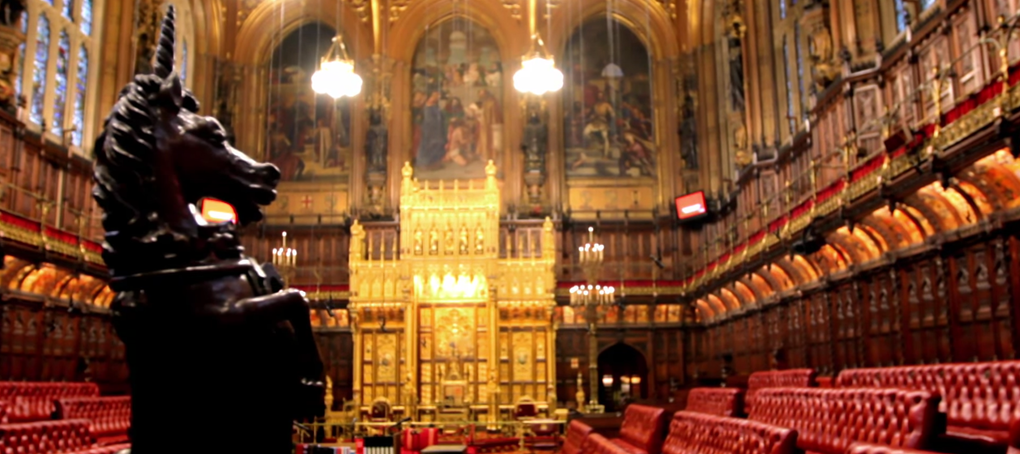On 4 July It was reported on the Welsh news website Nation-Cymru, that Anas Sarwar, the leader of the Labour Party in Scotland, and a member of the Scottish Parliament, has called for a new Senate of the Nations and Regions to replace the House of Lords. Speaking to the Fabian Society at Westminster, Anas Sarwar argued that: ‘The House of Lords, in its current form, as an institution, has no place in 21st-century politics’ and that it was unacceptable for an unelected chamber to be part of the United Kingdom’s legislature. He recommended that the House of Lords be replaced by a Senate comprised of directly elected members with a mandate to represent their nation or region.
I agree with Anas Sarwar and indeed suggested this in a brief article on ‘Devolution: the end or the beginning?’ published almost 25 years ago by the University of Nottingham Magazine (No 3, 1997). This was in the context of then Prime Minister Tony Blair’s pledge to modernize British politics, through decentralising power, opening up government and extending individual rights. It was written in an attempt to explain the issues of devolution as they concerned Scotland and Wales to my mystified colleagues. I pointed out that, although it appeared to be forgotten, political relations among the nations of the United Kingdom had been considered once before.
In April 1918, under the pressures of severe military setbacks in Europe during the First World War and the need to extend military conscription to Ireland, the Lloyd George government considered seriously a solution by which England, Ireland, Scotland, and Wales would each be given ‘Home Rule’ parliaments, with a ‘Federal’ parliament to be responsible for the common, including the then imperial concerns of the United Kingdom. Rapidly changing circumstances including an armed conflict in Ireland, doomed the policy, resulting in the partition of the island and the creation of the Irish Free State, later the Republic.
Over a century later, Ireland is a member of the European Union, the problem of Northern Ireland remains unresolved, while Scotland and Wales have devolution ‘settlements’ that are still contested by the Conservative Party with its policy of so-called ‘muscular’ British Unionism, provoking calls for fundamental constitutional change, including a referendum on independence for Scotland, a debate about a similar referendum in Wales, and the possibility of a referendum in Northern Ireland on unification with the Republic of Ireland.
In 1997 I asked: ‘Is Tony Blair’s reformed House of Lords destined to be the United Kingdom’s ‘Federal’ parliament?’ What changed, in the case of the House of Lords certainly, has been no more than cosmetic. I hope the Labour Party in Scotland, here in Wales, and in England will take Anas Sarwar’s proposal further, indeed much further. It would be a fundamental contribution to the constitutional reform needed so badly in the United Kingdom if we are to secure the economic and social welfare and cooperative unity of its peoples. This requires a system of meaningful democratic governance in which individuals and communities have trust. It requires devolution to be both developed and sustained against encroachment by Westminster and Whitehall, whoever is in power there. The roles of the Secretaries of State for Scotland, Northern Ireland, and Wales need to be reconsidered in light of this.
The British-Irish Council, at present a discussion forum, may play an important role here, given that Northern Ireland could potentially take the route to a United Ireland and the European Union. Cooperative relations among the peoples of the British Isles will continue to be of fundamental importance whatever constitutional options are taken. Recognising this, we need a new beginning for devolution in the United Kingdom that is radical in intention and should include a Senate of the Nations and Regions in place of the House of Lords. Given the number of place and honours seekers in British politics, I am not optimistic. Independence remains an option.

